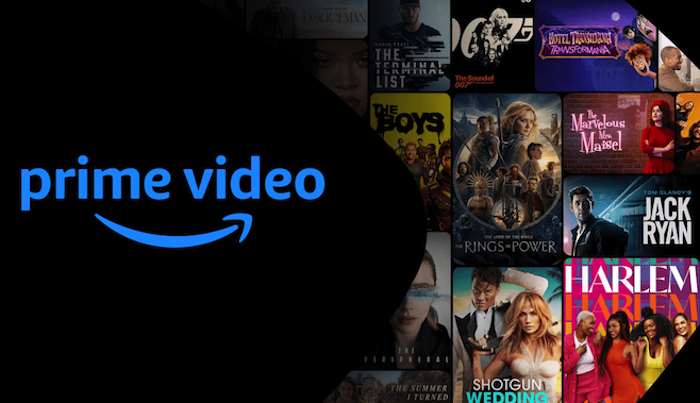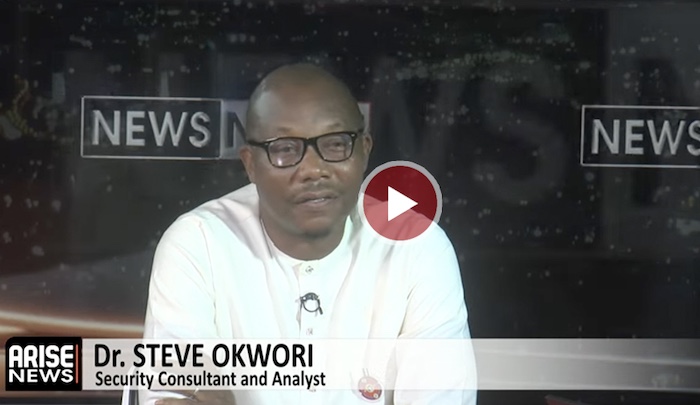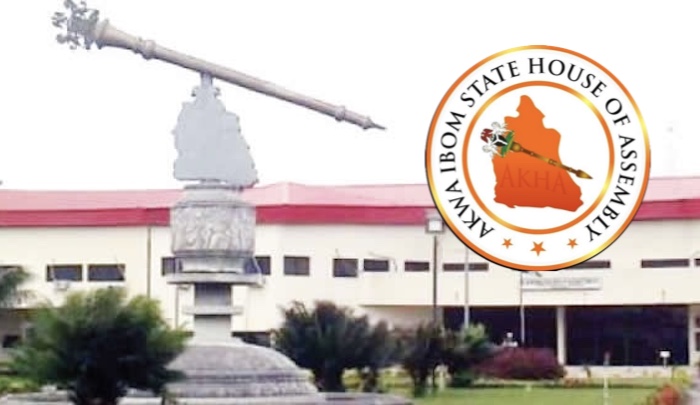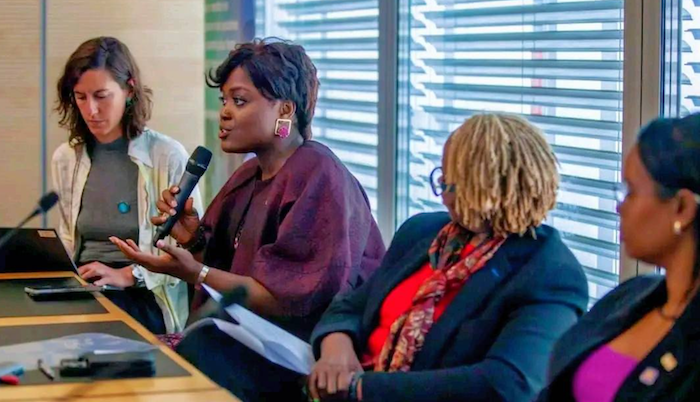
Amazon has agreed to pay $2.5bn (£1.9bn) to settle allegations by the US government that it misled millions of customers into signing up for its Prime membership and made cancellation intentionally difficult. The Federal Trade Commission (FTC) hailed the deal, which includes $1.5bn in refunds, as the largest civil penalty in its history.
In a statement on Thursday, FTC Chairman Andrew Ferguson said the evidence showed Amazon had deliberately manipulated consumers. “Amazon used sophisticated subscription traps designed to manipulate consumers into enrolling in Prime, and then made it exceedingly hard for consumers to end their subscription,” Ferguson declared. “Today, we are putting billions of dollars back into Americans’ pockets, and making sure Amazon never does this again.”
The settlement follows days into a jury trial in Seattle and covers practices between June 2019 and June 2025. More than 35 million US consumers may be eligible for refunds of up to $51. Customers who used Prime benefits fewer than three times in a year will be automatically refunded, while those who used it fewer than 10 times can file claims.
At the heart of the FTC’s case were Amazon’s checkout designs and trial promotions.
Investigators said pop-ups repeatedly pushed customers into Prime sign-ups, billing information was collected without full disclosure, and one-month trial offers failed to clearly state they would automatically roll into paid memberships. Such practices, the agency argued, breached consumer protection laws.
Amazon did not admit wrongdoing in the settlement but defended its practices.
Spokesperson Mark Blafkin said the company worked “incredibly hard to make it clear and simple for customers to both sign up or cancel their Prime membership.” He added, “Amazon and our executives have always followed the law and this settlement allows us to move forward and focus on innovating for customers.”
As part of the deal, Amazon must drop manipulative button options such as “No, I don’t want free shipping” and introduce a straightforward cancellation pathway. Internal documents revealed in court suggested Amazon executives themselves worried about scrutiny, with one staffer remarking that “subscription driving is a bit of a shady world.”
The case has broader implications for the regulation of tech giants. The FTC first filed suit in 2023 under then-chair Lina Khan, who had long called for tougher scrutiny of monopolistic practices. Her successor, Ferguson appointed by President Donald Trump has continued an aggressive stance, particularly against subscription models that critics say entrap consumers.
But not everyone welcomed the outcome. Consumer advocates argue the settlement doesn’t go far enough. “Enough with this game of whack-a-mole,” said Nidhi Hegde, executive director of the American Economic Liberties Project. “If the Commission is serious about protecting people from deceptive subscription schemes, it should re-issue the Click-to-Cancel rule today.”
Prime, which offers free shipping, video streaming, and more, costs $139 a year in the US or £95 in the UK. Hundreds of millions globally remain subscribed, and the FTC’s crackdown highlights how regulators are scrutinising the fine print behind such digital services.
Erizia Rubyjeana



